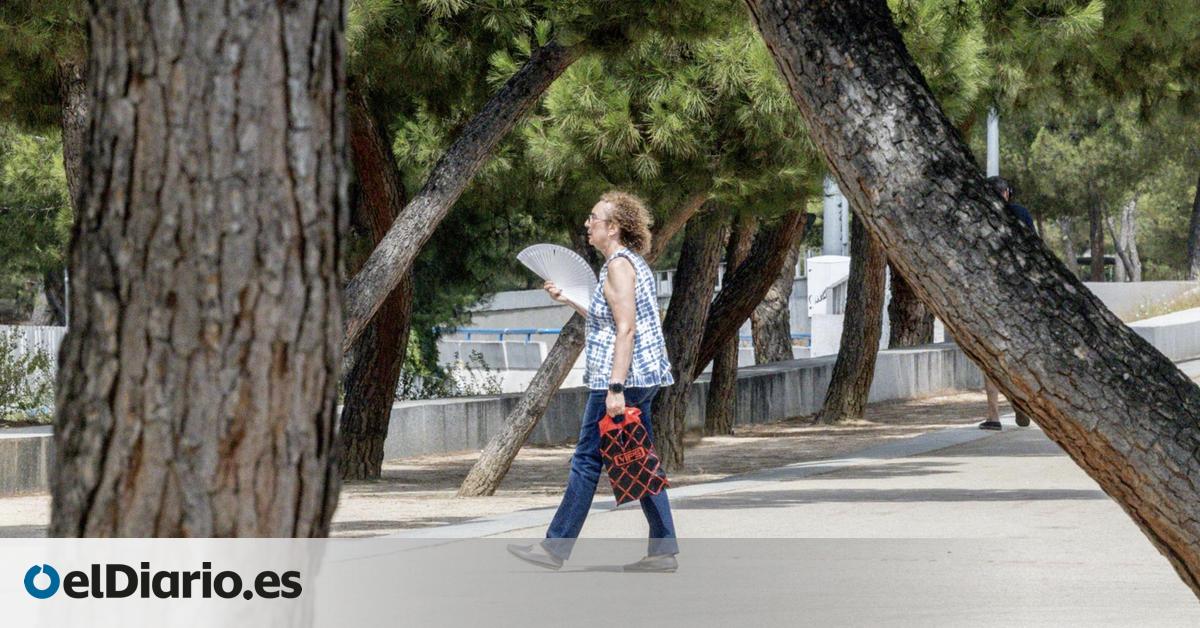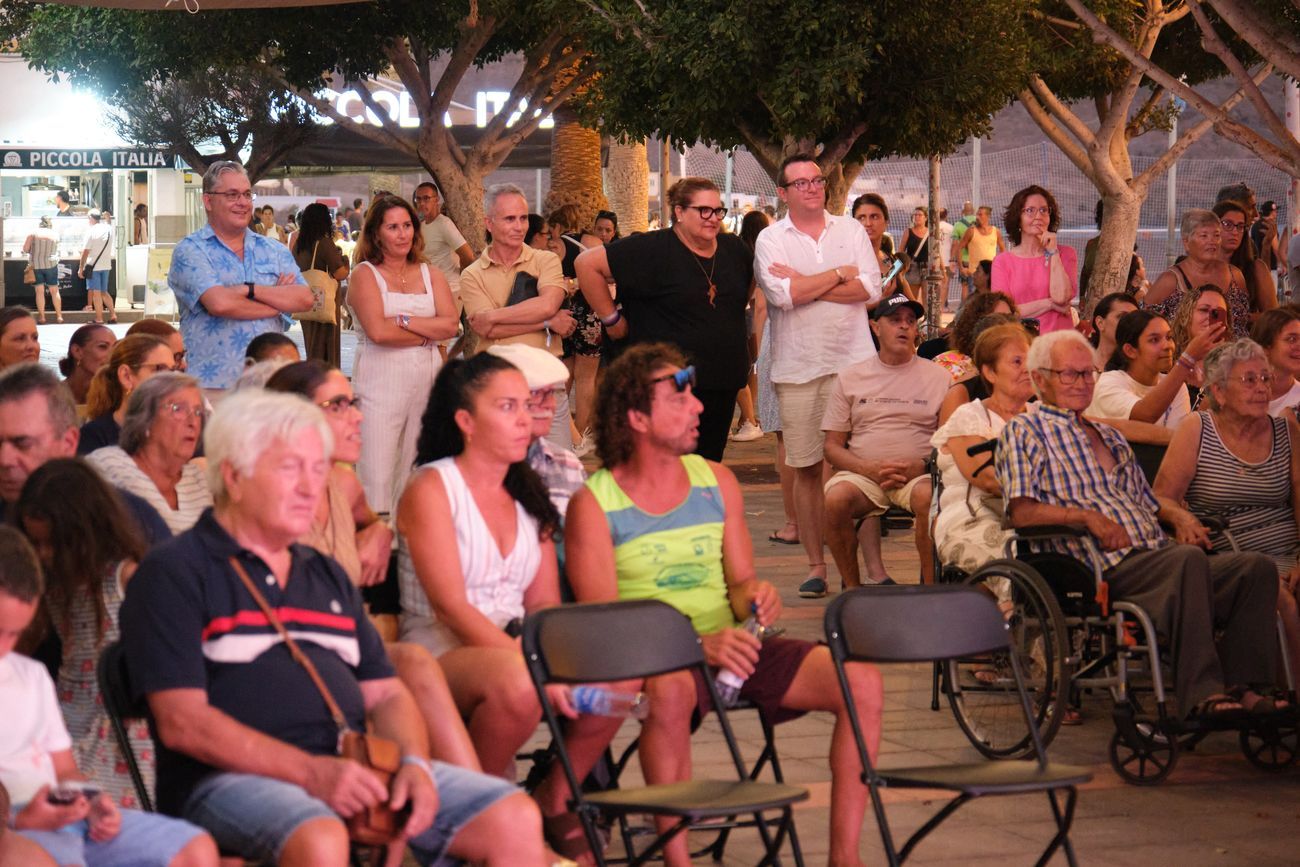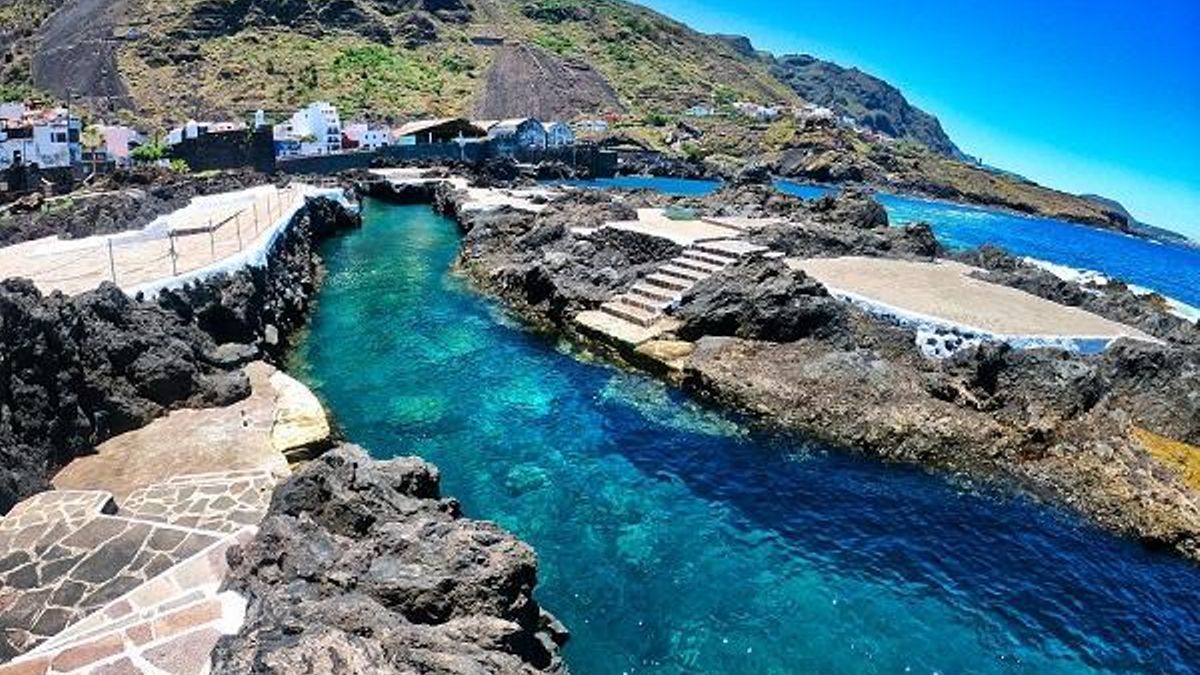The Town Hall of Tías has approved an ambitious reform of the property tax ordinance, I.B.I., to align it with the Housing Law, enacted by the progressive government of Pedro Sánchez, Law 12/2023, dated 24th May.
Through this measure, we aim, among other things, to ensure that residents with a home where they live, and large real estate assets used for tourism or ultra-rich individuals, no longer pay the same tax rate.
Previously, a flat rate of I.B.I. was applied uniformly, regardless of whether you owned a residential house in Tías, La Tiñosa, La Asomada, Conil, Masdache, Mácher, or Tegoyo, or a large hotel by the beachfront.
Data from the Association of Tourist Municipalities of the Canaries (AMTC) indicates that Tías experiences 7,036,098 overnight stays annually. The number of visitors to the municipality in a year amounts to 1,036,098 individuals. Furthermore, the César Manrique Lanzarote airport receives over five million tourists each year. However, the resident taxpayers of Tías only number 21,462.
It is economically unsustainable that such significant figures from the tourism industry, together with all the public services and expenditure it demands, and the urban and environmental strain it causes, rely solely on the taxes from residents. Everyone must contribute to public services progressively.
This measure is, in a sense, the closest thing to a tourist tax permitted by law, while we await the Canary Islands government or the Cabildo of Lanzarote and La Graciosa to take similar actions.
The rigidity of the Local Finance Law and the Local Basis Law has lost its relevance concerning resource allocation per population, as it does not consider the transient population of tourist destinations and the number of people who traverse their streets. The economic situation in tourist municipalities is dire, lacking a distinct financial or legal status (as is the case for large cities, for example), so we are governed solely by the general framework of the Local Finance Law that applies to all municipalities in Spain without distinction.
The surcharge established by the new I.B.I. tax ordinance for larger tourist properties will be allocated to compensating the society of Tías for the environmental and social costs posed by the industry. This includes social assistance, rental aids for users of social welfare facing social exclusion (many of whom are employed in the tourism industry), and alleviating job insecurity associated with certain activities that also harm the environment in the municipality.
This also includes investment in enhancing the competitiveness of the tourism sector, focusing on sustainable, responsible, and quality tourism in the municipality.
Another progressive measure introduced in this tax reform is a new 95% exemption on I.B.I. for residential properties designated for rental with rent limits under a legal framework, such as a designation of a tense zone or newly promoted Protected Housing (VPO).
Thus, we become the first municipality on the island of Lanzarote to adapt its tax regulations to the Housing Law.
Reports from municipal social welfare technicians in Tías, who are familiar with and analyse the social and housing conditions in the municipality, recommend implementing measures.
It is important to note that Tías has already requested from the Autonomous Community of the Canary Islands, by plenary agreement, to be declared a tense zone, yet the Canary Islands government has not taken action to date.
In light of the critical housing situation and housing emergency, the only response has been the inaction of the Government of the Autonomous Community of the Canary Islands and the Cabildo of Lanzarote and La Graciosa, formed by the Canarian Coalition and the Popular Party.
In Tías, where the left governs, we have taken action.














